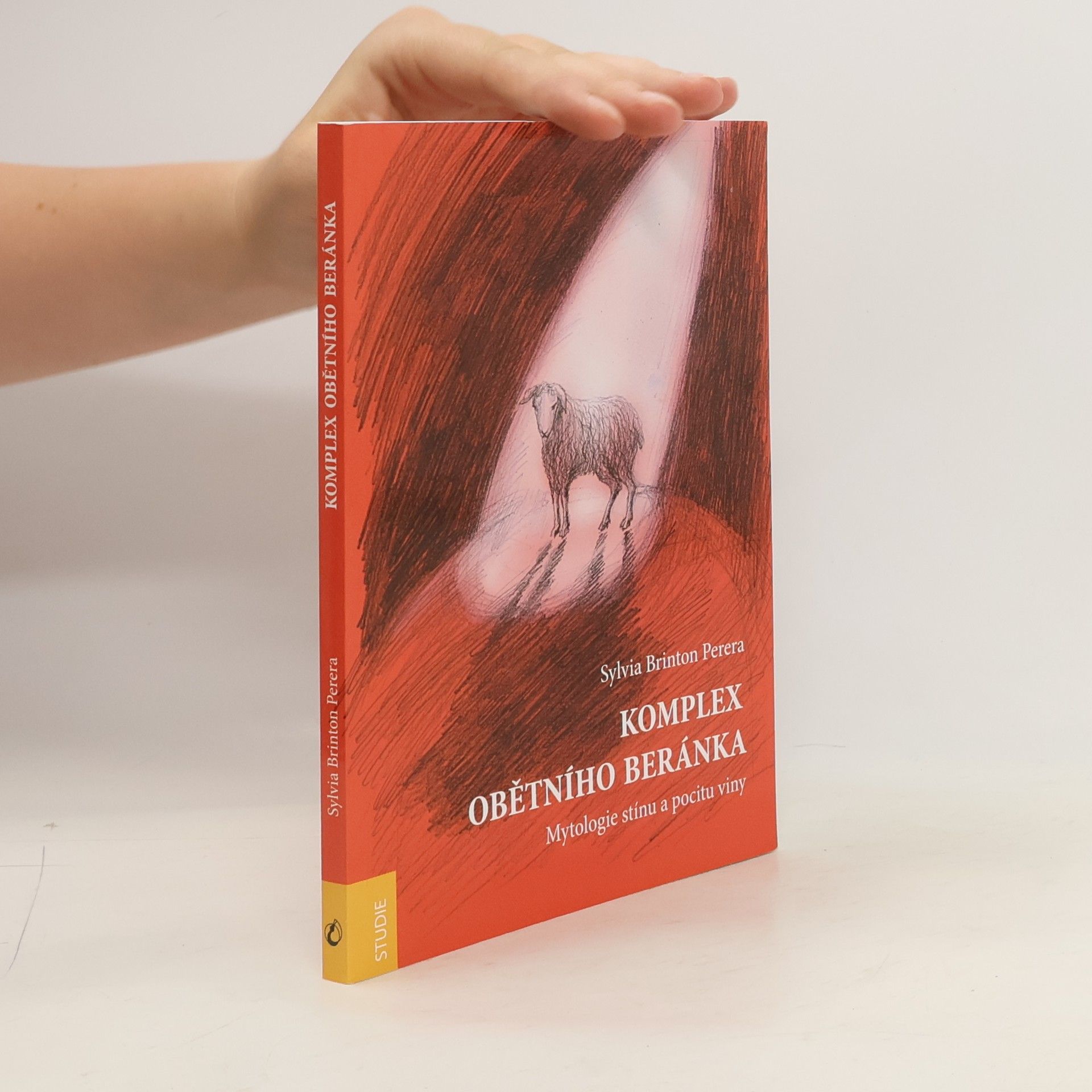This is a highly original and provocative book about women's freedom and the need for an inner, female authority in a masculine-oriented society. Combining ancient texts and modern dreams, the author, a practising therapist, presents a way of feminine initiation. Sumertian Goddess of Heaven and Earth, journeys into the underworld to Ereshkigal, her dark "sister", and returns. So modern women must descend from their old role-determind behavior into the depths of their instinct and image patterns, to find anew the Great Goddess and restore her values to modern culture. Men too will be interested in this book, both for its revelations of women's essential nature and for its implications in terms of their own inner journey.
Sylvia Brinton Perera Livres
Sylvia Brinton Perera est une analyste jungienne dont le travail est éclairé par sa formation en histoire de l'art et en psychologie. Elle explore les schémas archétypaux qui se manifestent dans les mythes, les rêves et les défis psychologiques, particulièrement en ce qui concerne les principes féminin et masculin. Perera examine comment ces forces profondes peuvent être intégrées pour la croissance personnelle et la guérison. Ses conférences et ses écrits résonnent dans le monde entier.




Termín "obětní beránek" označuje jednotlivce a skupiny, které jsou obviňovány z působení zla. Hledání obětních beránků znamená identifikaci osob, které lze ztotožnit se zlem, a jejich vyčlenění z komunity, což umožňuje ostatním cítit se bez viny. Psychologicky je honba za obětním beránkem formou popírání stínu, což je projekce našich neslučitelných postojů a emocí na druhé. Místo abychom tyto aspekty přijali jako součást našeho lidství, potlačujeme je a oddělujeme od vědomého já. V západní společnosti byla tato role často přisuzována Židům a dalším menšinám, stejně jako dívkám a ženám, které čelily obviňování a odmítání. Tyto skupiny nesly břímě obětního beránka, protože jejich identita nebyla společensky akceptována. Ztotožnění se s touto rolí může vést k sebenenávisti a chování motivovanému pocitem viny a hanby. Kniha zkoumá psychologický vliv obětního beránka na životy moderních mužů a žen a zahrnuje příklady z autorčiny analytické praxe. Dále se zaměřuje na archetypické vzorce v mýtech a židovsko-křesťanské tradici, čímž proniká pod povrch komplexu obětního beránka.